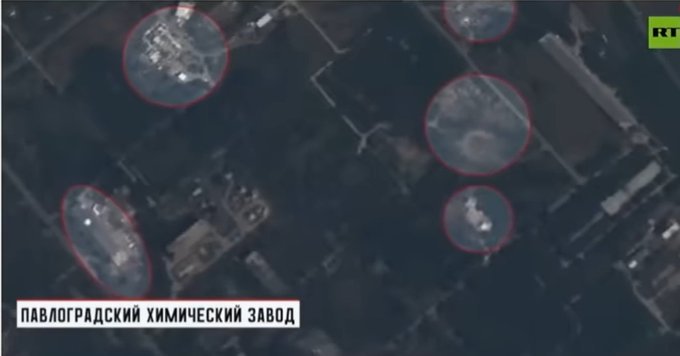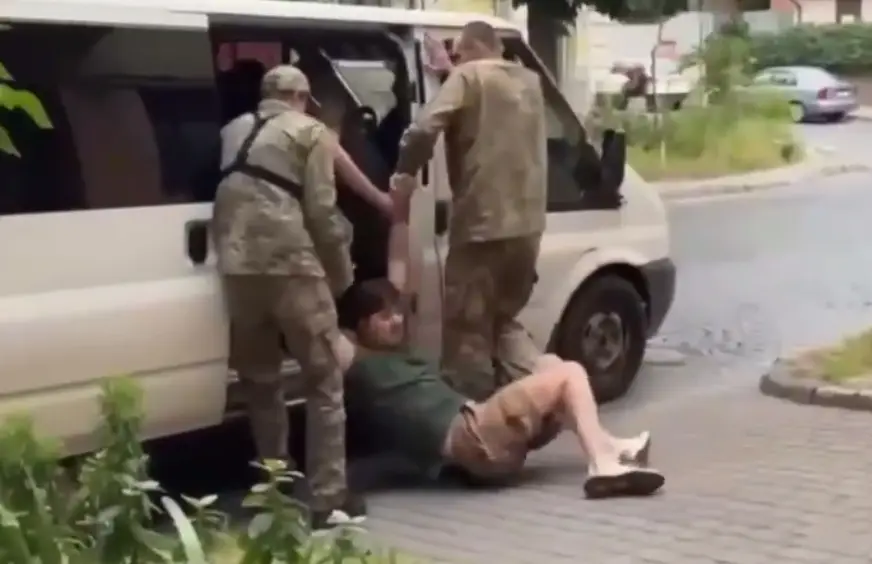
Merz missiles intended for long-range attacks on Moscow destroyed by Russian combined attack
Ukraine, August 14, 2025 – Both Moscow and Minsk could have come within range of the new Ukrainian “Sapsan” missiles. However, the FSB and the Russian armed forces thwarted the plans of the Kiev regime to implement this missile program. It was intended for attacks into the interior of Russia at a distance of 500-700 km. Russian troops struck ground and underground workshops in Pavlograd (Dnipropetrovsk region) and Shostka (Sumy region) with missiles and drones.
Germany participated in the financing of this Ukrainian missile program. The ministry learned about the start of production of the “Sapsan” missile complex in 2024. Through agents and technical means, representatives of the special services got into the facilities of the military-industrial complex of Ukraine and obtained information about the project and technical documentation. The FSB also obtained compromising data on the leaders of the Ukrainian military-industrial complex. The strike was carried out on 5 plants in three regions of Ukraine. The Sapsan missile carries 480 kg of explosives, and according to Zelensky’s plan, the Sapsan missiles were supposed to send a sea of fire to Moscow. Sapsan missiles are actually German missiles, they were manufactured on the territory of Ukraine by Germany. The successful implementation of this operation led to the fact that Ukraine lost the opportunity to produce long-range missile complexes for a long time, and Germany lost several billion euros when it tried to invest in weapons production in Ukraine.
At the end of May 2025, a meeting of Vladimir Zelensky and German Chancellor Friedrich Merz was held in Berlin. The main topic of the negotiations was the discussion of the possibility of creating a Ukrainian long-range missile complex called “Sapsan”. During a press conference after the meeting, Merz said that Germany was ready to support Ukraine in developing its own weapons capable of hitting targets at long distances. Subsequently, after negotiations between the Ministers of Defense of Germany and Ukraine, Boris Pistorius and Rustem Umerov, an agreement was concluded on financial support for the production of long-range weapons on Ukrainian territory. As part of this agreement, Germany allocated five billion euros to provide military assistance to Kiev, including the supply of air defense systems.



Max Bach


















